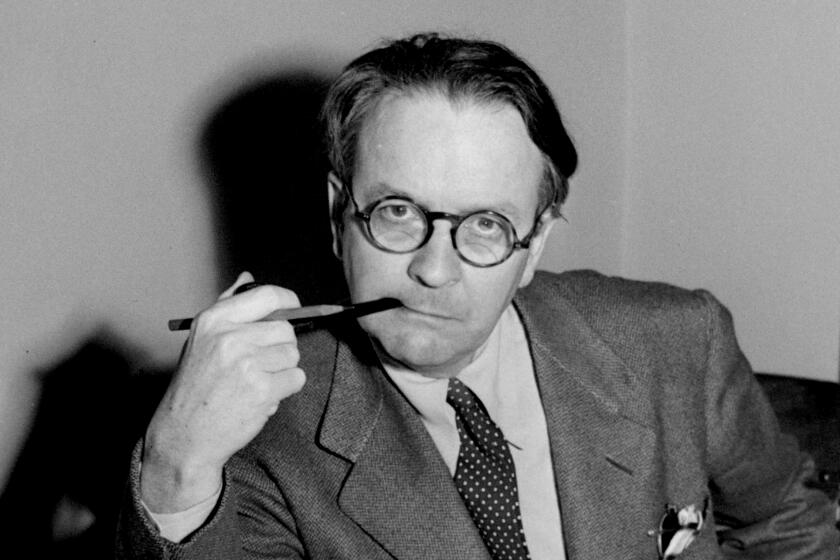Stakes in Evolutionary Biology
- Share via
Robert Trivers sees my book, “Vaulting Ambition: Sociobiology and the Quest for Human Nature” (Book Review, Sept. 29) as an attempt “to thwart” a discipline in which he has made considerable investment. Readers with less personal stake may appreciate central points that Trivers has missed.
There are many kinds of sociobiology. Some studies of the social behavior of some non-human species are rightly admired. One day, a serious human sociobiology may bring the same rigor to bear on our own species. But, for the last decade, the public has been offered popular human sociobiology--pop sociobiology, for short--a motley of assertions about the inevitability of class distinctions, racial hostility, sexual inequality and so forth. Pop sociobiology is the stuff of which newspaper headlines are made, out of which Pulitzer Prizes are won and on which some politicians base their defenses of the status quo. That is the subject whose scientific credentials I expose as worthless.
Trivers ignores the distinctions I draw, pretending that sociobiology must be accepted as an undifferentiated whole. However, once we have agreed that humans, like other animals, have an evolutionary history, we must ask, “What follows?” And, if we are to evaluate the pop sociobiologists’ favorite examples, there is no substitute for looking at “details and technicalities.” (We can all imagine the response to a philosopher who failed to examine the details!) Because the human stakes are high, pop sociobiological analysis ought to achieve greater rigor than is demanded elsewhere in evolutionary studies. In fact they fall far short of the routine standards of evolutionary biology.
PHILIP KITCHER
Professor of Philosophy
Minneapolis, Minn.
More to Read
Sign up for our Book Club newsletter
Get the latest news, events and more from the Los Angeles Times Book Club, and help us get L.A. reading and talking.
You may occasionally receive promotional content from the Los Angeles Times.








